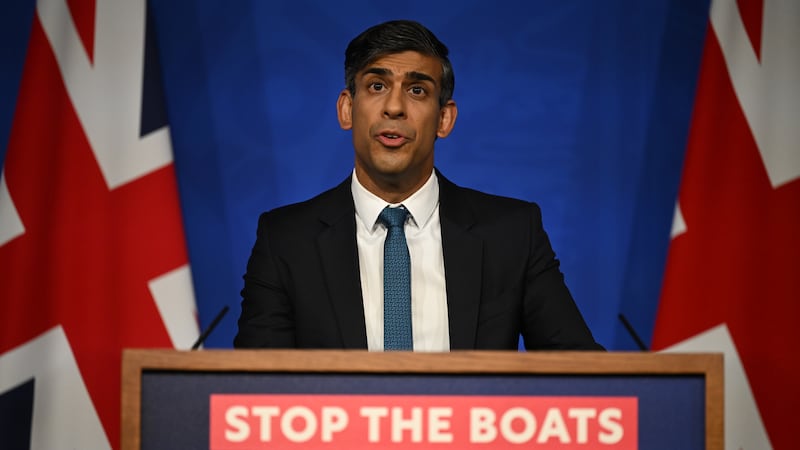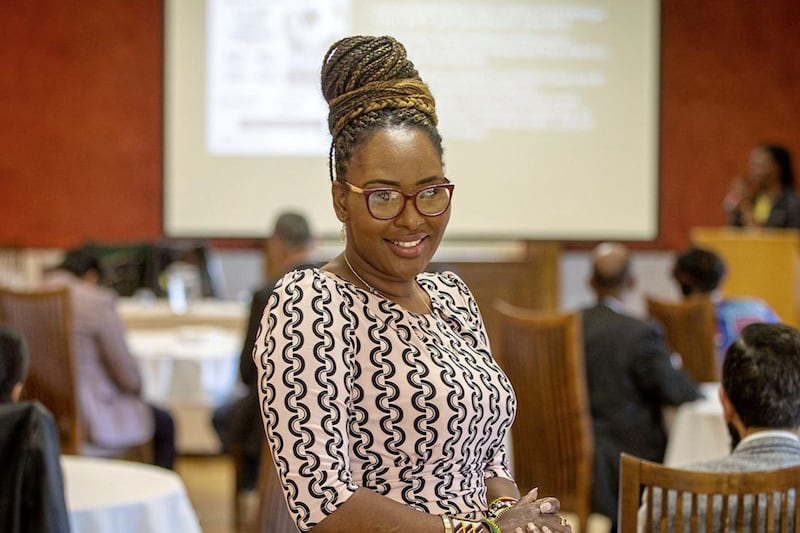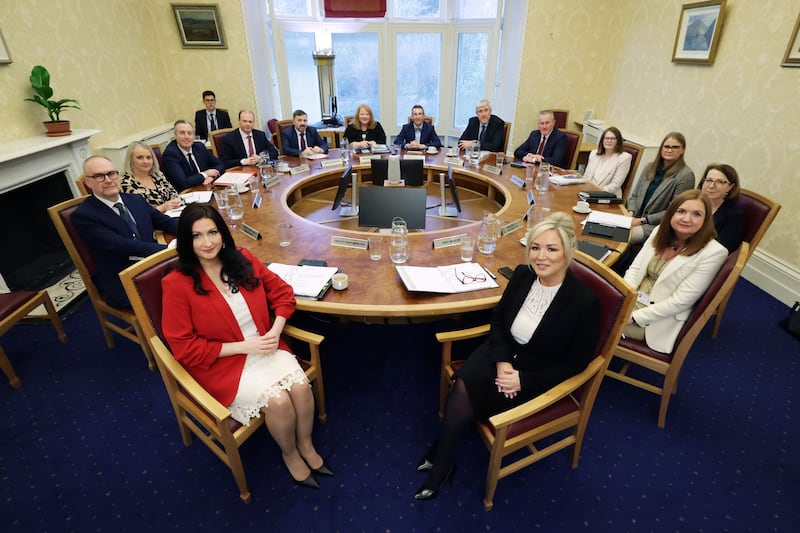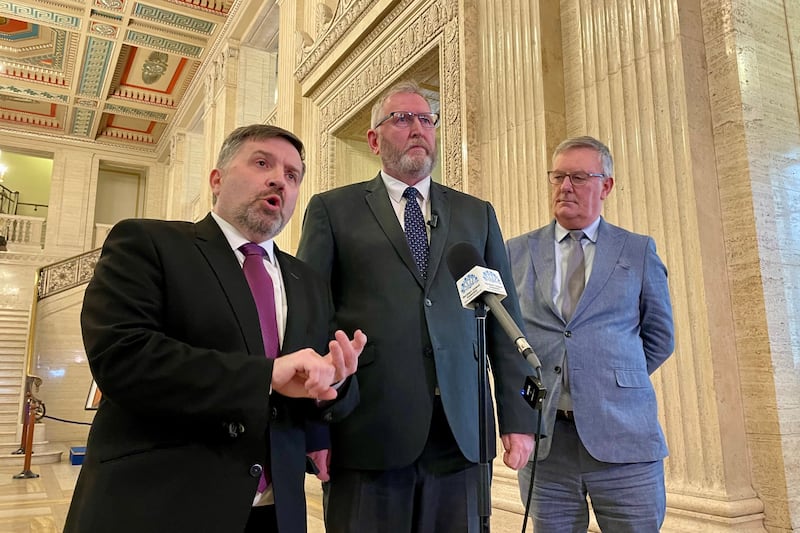The 75th anniversary of the NHS is a significant milestone for a unique organisation which touches the lives of each and every one of us.
Its central genius – health care free at the point of need, funded by taxpayers and available to all regardless of means – remains worthy of celebration.
The affection and esteem in which our health and social care service is held was never more evident than during the Covid pandemic. The weekly 'clap for carers' was a vivid acknowledgement by the public of the sacrifice and dedication of nurses, doctors, porters, social workers and many others working for our care and protection.
Today, the applause sounds rather hollow. Health workers have felt forced to picket lines and to mount other forms of industrial action in their fight for better pay and working conditions. The Royal College of Nursing talks of 'moral distress' among its members. GP surgeries are overwhelmed in many parts of Northern Ireland. NHS dentistry is under immense pressure. Our health and social care system is unquestionably ailing.
For patients, this malaise is also reflected in appalling waiting lists. More than 400,000 people in Northern Ireland are awaiting their first outpatient appointment with a consultant. There are more than 120,000 people waiting for surgery. Put another way, the Royal College of Surgeons says that a quarter of our population is on a waiting list.
The pressures on hospital emergency departments are sadly all too well documented, as are the problems with arranging community care for patients who are medically fit to be discharged.
This dismal backdrop makes it perhaps all the more remarkable that the overwhelming majority of people who need help at times of need, when they are most sick and vulnerable, still have hugely positive experiences of our health and social care services.
That has to be regarded as a testament to the staff, whether they be receptionist, manager, surgeon or driver, or any of the others engaged in our care and treatment.
It is clear that we cannot keep expecting those same staff to keep going above and beyond the call of duty to look after us. We owe it to them – and to our own and future generations' health – to reform and reshape our health service.
This responsibility falls largely on the shoulders of MLAs. It is one that has mostly been shirked, with Stormont's addiction to political dysfunction stymieing the sort of radical transformation laid out in the 2016 Bengoa report.
When power-sharing returns, halting the health service's collapse must be at the top of the agenda.







